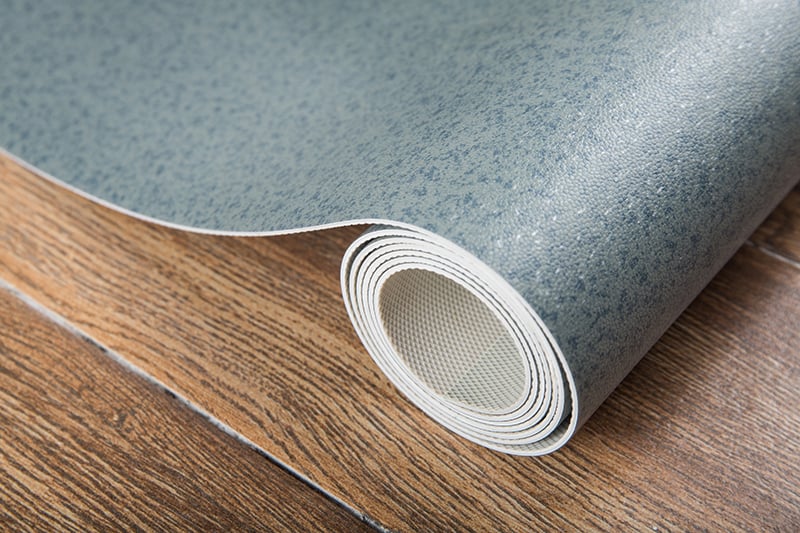EPA's New Chemical Evaluation Process: Implications for the Canadian Flooring Industry
BMD Materials Corporate Communications

In a significant development from the U.S. Environmental Protection Agency (EPA), a new initiative has been launched to assess the risk of five chemicals under the Toxic Substances Control Act (TSCA). This move, while originating in the United States, has far-reaching implications for the Canadian flooring industry, particularly for companies like BMD Materials that are committed to sustainability and health in interior finishes.
The chemicals under review are:
- Acetaldehyde (CASRN 75-07-0),
- Acrylonitrile (CASRN 107-13-1),
- Benzenamine (CASRN 62-53-3),
- 4,4’-Methylene bis(2-chloroaniline) (MBOCA) (CASRN 101-14-4), and
- Vinyl Chloride (CASRN 75-01-4).
These substances are integral to various manufacturing processes, including those related to the production of adhesives, plastics, and construction materials—components that are often foundational to flooring products.
The EPA's decision to potentially classify these chemicals as High Priority Substances for risk evaluation underscores a growing emphasis on chemical safety and environmental health, a stance that resonates with BMD Materials' ethos. As Assistant Administrator Michal Freedhoff of the Office of Chemical Safety and Pollution Prevention notes, this initiative marks a critical step in addressing the long-term use of chemicals that pose potential health risks.
For the Canadian flooring industry, this development signals a pivotal moment. The materials and products we rely on not only need to meet aesthetic and functional standards but also adhere to increasingly stringent health and environmental criteria. The EPA's actions may prompt a reevaluation of the materials used in flooring products, encouraging a shift towards safer, more sustainable alternatives.

This is particularly relevant in the context of vinyl chloride, a chemical primarily used in the production of PVC, a common material in flooring. The health and environmental concerns associated with PVC have been documented for over five decades, highlighting the importance of this review. Judith Enck, President of Beyond Plastics, emphasizes the significance of reassessing such chemicals, noting the potential for profound health and environmental impacts.
The EPA's initiative aligns with global efforts to enhance chemical safety and reduce toxic exposures, reflecting a broader trend towards environmental justice and the protection of vulnerable communities. For Canadian businesses, this represents an opportunity to lead in the adoption of sustainable practices and materials, reinforcing our commitment to health and safety.
As the EPA embarks on this evaluation process, BMD Materials will closely monitor developments and engage with our partners and stakeholders to navigate the potential impacts on our product offerings and supply chains. We recognize the importance of this review in shaping the future of the flooring industry and are committed to adapting our practices to meet the highest standards of safety and sustainability.
The EPA's prioritization of these chemicals for review is a reminder of the evolving landscape of chemical safety and the need for industries to adapt. BMD Materials remains dedicated to providing innovative, health-conscious solutions for the Canadian flooring industry, ensuring our products not only meet but exceed the expectations of our customers and regulatory standards.
For more information on the EPA's chemical prioritization process and its implications for the flooring industry, we invite our clients and partners to stay connected with us as we navigate these changes together.
